Tatarstan facing a shortage of cognac, whisky, and wine?
Experts have warned that restrictions on imported alcohol could lead to empty shelves — though the move may offer a boost to domestic producers
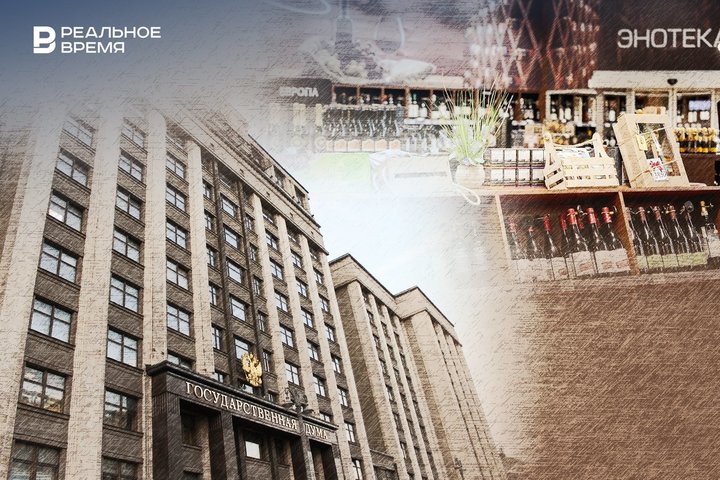
The introduction of mandatory beer labelling under the Chestny ZNAK traceability system — first piloted in Tatarstan — is just one of several legislative changes reshaping Russia’s alcohol market in 2025. Major wholesalers are preparing for new restrictions on the import of alcohol. One of these measures concerns the permanent requirement to label imported alcoholic beverages with federal excise stamps on Russian territory. What else is going to change in the strong alcohol market in the near future, and how will it affect producers and consumers — Realnoe Vremya investigates.
“It will help cut business costs and create jobs”
Starting from 1 September 2025, the labelling of alcoholic beverages with federal excise stamps will take place primarily within Russia. The practice of labelling alcohol produced outside the Eurasian Economic Union (EAEU) at the point of origin for import into Russia will only be permitted until 28 February 2026.
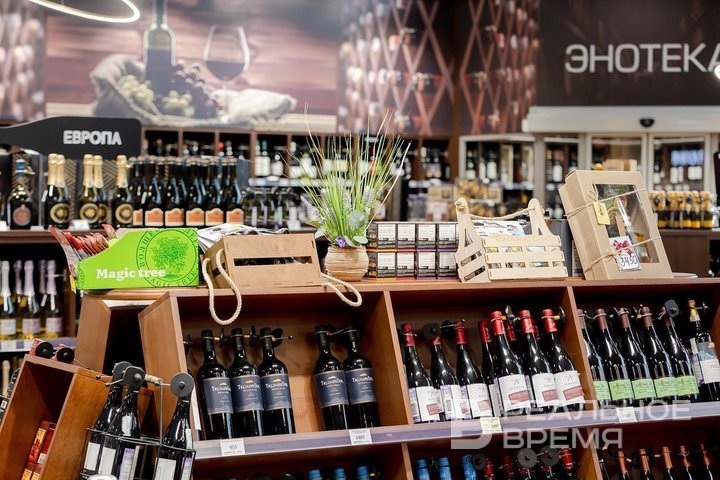
An exception will be made for alcohol produced in member states of the Eurasian Economic Union (EAEU), where excise stamps may continue to be applied at the point of production. However, this will come with restrictions: the Russian government will approve a list of authorised producers eligible to export alcohol with pre-applied stamps, as well as set quotas on import volumes.
Previously, excise stamps were affixed to imported products before they entered Russia. The shift to domestic labelling is aimed at reducing the risk that so-called “unfriendly” countries might ban the labelling of alcoholic goods on their own territory.
“The experiment to shift the labelling of imported alcohol to Russian territory has been ongoing since 2021,” Oksana Fomichenko, the head of the regional office of the Federal Service for Alcohol and Tobacco Market Regulation (Rosalkogoltabakcontrol) for the Volga Federal District, told Realnoe Vremya. “It involved 11 regions, 35 customs and bonded warehouses, and over 180 importing companies. Labelling imported alcohol within the Russian Federation will help reduce business costs, eliminate the influence of unfriendly countries on the import process, and create new jobs.”
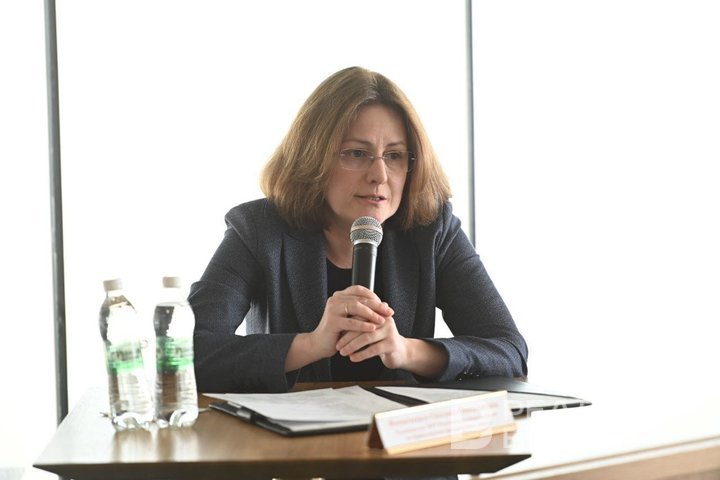
Since March this year, Rosalkogolregulirovanie has updated the application forms used to log data in the Unified State Automated Information System (EGAIS) regarding the import and movement of alcoholic products. The revised forms now include new fields related to the harvest year of grapes used in distillate production, as well as the location of product labelling within Russia.
“The new application forms, which include fields for specifying the grape harvest year used in distillate production, were introduced to account for the ageing period of products such as cognac,” Fomichenko explained. “This system is already in place for domestically produced goods.”
“Maintaining quality is key”
“Any form of restriction inevitably impacts competition,” said Realnoe Vremya’s expert Anna Galimova, former board member of Tatspirtprom and ex-chair of the Alcohol Association of Tatarstan. “Given the current political climate, the decision appears logical and justified. But it is crucial that our domestic producers do not allow quality standards to slip as a result of these changes.”
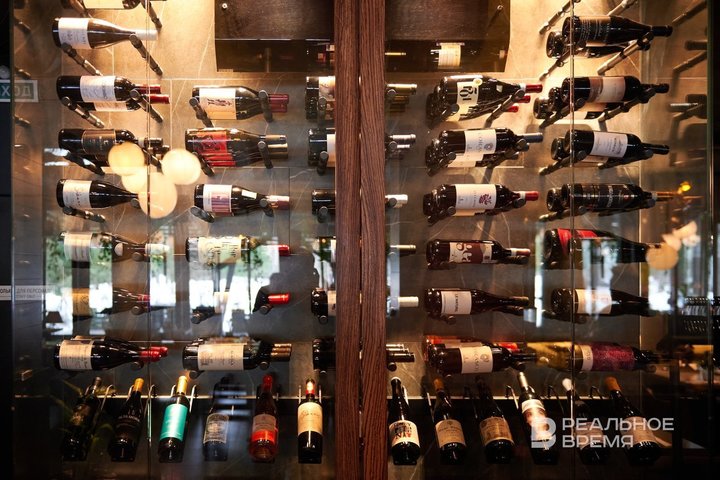
Galimova also pointed out that Russian producers are not able to compete with foreign counterparts in all categories of alcoholic beverages. For example, the new regulations are likely to limit consumer choice when it comes to strong spirits, such as cognac and whisky.
“There are certain types of strong drinks that, with all due respect to domestic producers, we simply cannot cover technologically and formulary — whisky, gin, and cognac,” Galimova explained. “However, Russian wine production has significantly improved in recent years. Yet, our producers still lack the capacity to fully meet market demand. Large producers like ‘Kuban-Vino’ and ‘Abray-Durso’ are doing well, but new large-scale production facilities won’t emerge quickly. Even excellent wines from Crimea are selling out fast, not only failing to reach Tatarstan, but often not making it to the Volga region at all, let alone northern areas.”
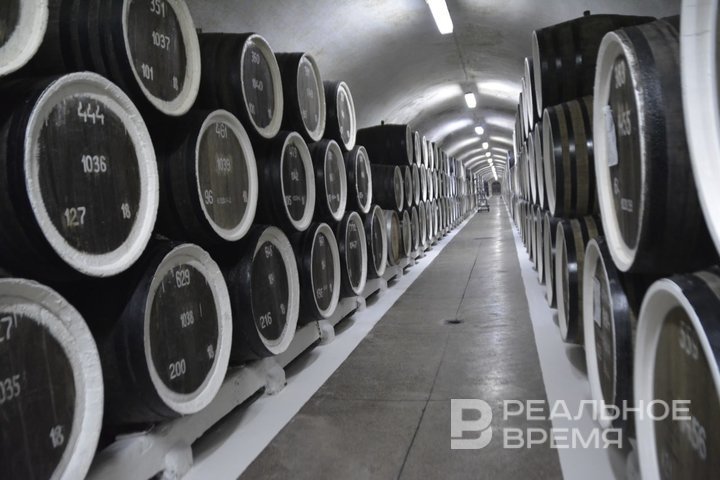
However, she also suggested that the introduction of restrictions on imported alcoholic beverages could benefit the development of Russian winemaking. According to Galimova, this shift should encourage domestic producers to increase production capacities and open new facilities.
She also commented on the introduction of mandatory beer labelling, noting that labelling inevitably restricts circulation and contributes to a “regional protectionism” that limits consumer choice, leading to the dominance of local products on store shelves.
“Expired beer is being removed from stores”
The changes also affect the timeline for the destruction and disposal of seized or confiscated illegally produced alcohol, as well as the raw materials, semi-finished products, equipment, containers, and labels used in its production, which are stored in warehouses of authorised organisations for more than three years. This period has been extended until 1 September 2027.

The deputy head of the State Alcohol Inspectorate of Tatarstan also noted that due to the moratorium on inspections, which was introduced during the COVID-19 pandemic and continued in the context of the ongoing military operation, the volumes of illegally produced alcohol seized in the republic have decreased significantly. Previously, around 200,000 liters of alcohol were seized annually, but now only 20,000–30,000 liters are being confiscated.
“In the past, we conducted around 3,500 inspections a year; now, the number is much lower. We are mainly limited to preventive measures — lectures, explanations, preventive visits, warnings, and cautions.”
When asked by Realnoe Vremya what violations the supervisory authority is currently detecting and where during rare inspections, Rustem Arslanov replied:
“First of all, in Tatarstan, alcohol is rarely seized from stationary points of sale where transactions are made legally. Most often, we encounter products produced in underground workshops or garages — unidentified spirits, alcohol-containing liquids intended for dual purposes, and antiseptic solutions. In such cases, we work together with the Ministry of Internal Affairs. In stores, the seized products are usually beer, not because it is counterfeit, but because it has expired or the documentation is missing. Now, with beer labelling becoming mandatory, this will have a positive effect on the fight against expired products. Although this is currently in a pilot phase, it will become mandatory for all stores starting 1 September.”
Price increase will be gradual
Starting from 15 January 2025, participants in the market will be prohibited from selling unlabelled beer in consumer packaging. From 1 May, beer producers will be required to include in their reports the details of the primary accounting documents related to production, as well as the ethyl alcohol content in the beverage. Rinat Akchurin, chairman of the Beer Association of Tatarstan, rejected Realnoe Vremya's suggestion that the new regulations could create problems for beer producers, sellers, and consumers in the republic. Tatarstan has already been participating in a voluntary beer labelling pilot project for two years:
“For those who are part of the experiment, this is, let’s say, already a thing of the past. They’ve already purchased the equipment and ensured product traceability. Of course, with the introduction of mandatory labelling, there will be a small markup on beer and beer products, but it won’t be significant. The main burden falls not on the consumer, but on large producers who are purchasing labelling equipment. Breweries will also face some challenges because they’ve already bought equipment—printers, cameras—but all of that will pay off over time, and they know that very well. However, these costs won’t be passed on to beer itself; the only cost added to the price is the cost of the label, which is 50-60 kopecks. This is the amount that consumers will pay.”
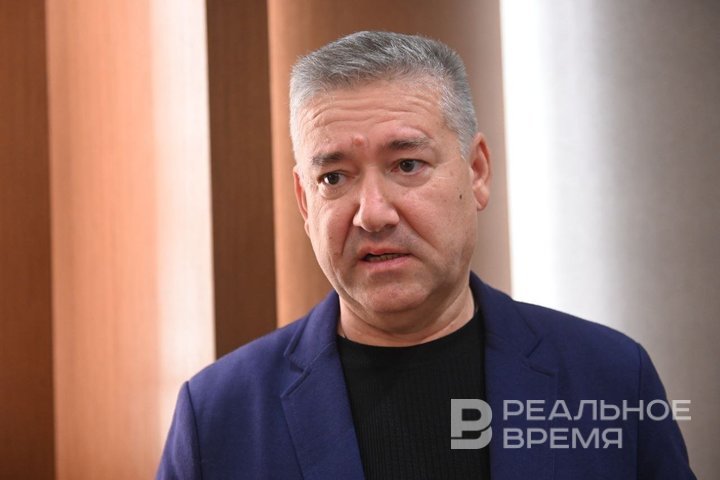
Akchurin also pointed out that beer is not an essential product like milk, and producers understand that a sharp price increase would lead many consumers to stop purchasing it. This, he warns, could result in losses for producers. Therefore, according to the spokesperson, a price increase is possible, but it will be gradual.